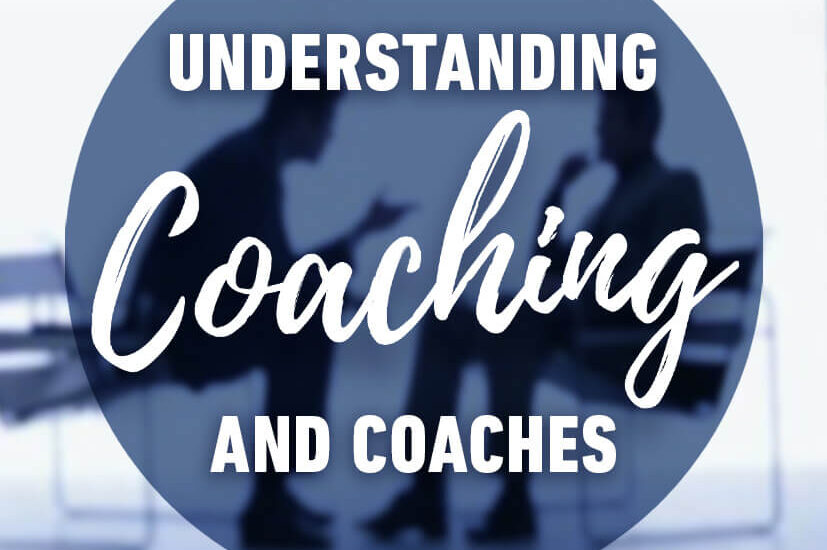Understanding Coaching & Coaches
- February 3, 2023
- Posted by: admin
- Category: What is Series

What is coaching?
According to my personal opinion, the simplest yet most operative definition of coaching is provided by a leading coach trainer and an author, Tony Stoltzfus, as “Coaching is helping people grow without telling them what to do”.
Coaching is a formal engagement of a coach and coachee, where coach supports or assists an individual (informally referred as coachee or client) in making progress towards his set goals in his personal or professional life and help the coachee to explore his potential.
Coaching is a solution-focused progressive process, which allows individuals to identify their purpose in life and goals and develop their strategies and plan to achieve their targets, step-by step. It helps individuals to develop intrinsic motivation by linking their purpose and goals to their core values and identity.
Coaching engagements can vary from a single stand-alone session to periodic sessions (weekly, bi-weekly, monthly etc.) depending on the understanding and need of the coachee.
How coach is different from others?
Coaching is usually confused with some other professions that seem similar but are considerably different from it. Unlike mentors, the coach does not guide the coachee based on his knowledge. In contrast to consultants, the coach does not identify problem and provide solution for the coachee. Unlike counselors, the coach does not dig into the past to provide the analysis of the problem and suggests therapy.
A coach is more of a facilitator, with specific skills and processes, that empowers people to focus on “here and now” in order to improve their performance and self-development.
What to look for in a coach?
Having a coach opens up a realm of possibilities but then again it is only possible if the coach is well trained professional and certified from a recognized coaching institution. Formal education and training ensure that the coach knows his stuff well enough to help you in exploit your full potential.
A good coach is the one who: 1) always follows a proven process, 2) does not let his feelings or ideas to interfere with your solution, 3) does not provide advice, 4) listens to you actively, 5) challenges you to come out of your comfort zone, 6) focuses on your growth and progress and 7) should not have agenda of his own.
In addition to what have been mentioned, a responsible coach must always demonstrate values of respect, trust, open-mindedness, honesty, commitment, optimism, and must always safe-guard your personal and private information.
A good coach always employees a coach for himself as he strongly believes in their profession. He is always open to learning new insights to improve himself and for that he keeps himself up-to-date by following coaching communities and institutes.
This post first appeared at https://bit.ly/2W1apwH
Leave a Reply Cancel reply
Request a call back.
Error: Contact form not found.
